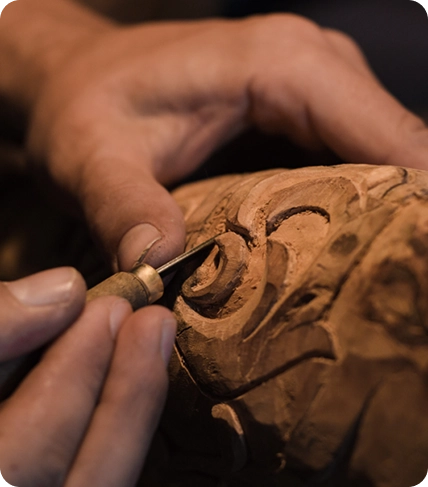Saint Rupert, an eminent figure in Christianity, is revered as the apostle of Bavaria and the founder of Salzburg. His story is intertwined with the evangelization of Central Europe in the 7th century. Of Frankish origin, probably noble, Rupert was Bishop of Worms before embarking on his mission in Bavaria, at the invitation of Duke Theodo II.
Arriving in present-day Salzburg around 696, Rupert devoted himself fervently to spreading the Gospel, converting numerous pagans and reorganizing ecclesiastical life. He founded the monastery of Saint Peter, the oldest in Austria, and the Nonnberg women's convent, entrusted to his relative Erentrude. He is also credited with the discovery and exploitation of salt mines, which gave the city of Salzburg its name and promoted its economic development.
His veneration is linked to his work of evangelization and the founding of important religious centers. He is the patron saint of Salzburg, Bavaria, and salt miners. His liturgical feast falls on March 27. Iconography often portrays him with the book, a symbol of his preaching and erudition, and the salt shaker, a reference to his discovery and his connection with the city of Salzburg. His figure embodies the missionary spirit and the ability to unite faith with the promotion of the material well-being of the community.










